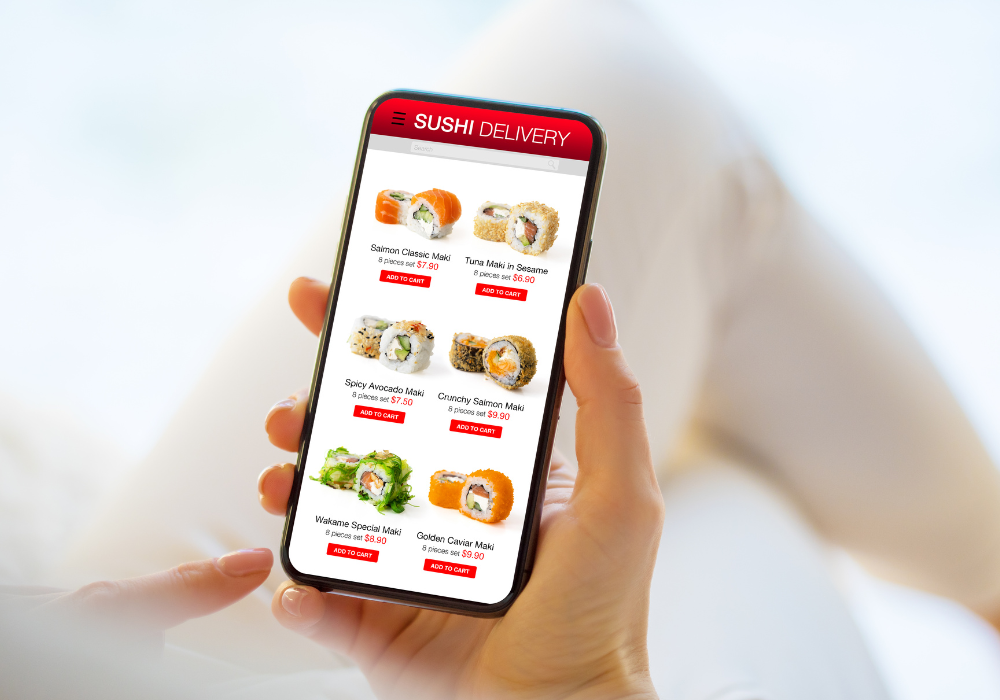The shortcuts we barely notice are driving hidden suffering, from exploited workers to environmental damage.

We like to think convenience makes life easier, but sometimes it comes with hidden costs we rarely stop to notice. The choices we make every day—what we buy, how we use technology, and the shortcuts we rely on—can ripple outward in ways we don’t always see.
Behind the scenes, those small decisions often shape bigger realities for workers, communities, and even the planet itself. It’s easy to overlook, but once you start paying attention, you realize that “easy” often isn’t so simple.
1. Clicking “Buy Now” Without Thinking Twice

That one-click button hides a vast system built on speed at all costs. Workers in warehouses face relentless quotas, sometimes skipping bathroom breaks just to keep up with the demand for instant gratification. Delivery drivers are pushed into exhausting schedules that trade safety for speed.
The ease for you comes at the expense of people treated as replaceable parts in a machine. Behind every seamless order is a workforce stretched thin, often underpaid, and left with little say in the conditions that shape their lives.
2. Treating Fast Fashion as Disposable

Those $10 jeans didn’t just appear out of thin air—they were stitched together in factories where long hours and unsafe conditions are common. Workers, often women and children, earn pennies to keep shelves stocked with the latest styles that wear out in weeks.
Each purchase reinforces a cycle where cheapness matters more than dignity. By treating clothes as throwaway, we unintentionally support an industry that thrives on exploitation, leaving behind both environmental destruction and human suffering.
3. Accepting Free Shipping as a Given

“Free” shipping is anything but free for the people making it possible. Warehouse employees face surveillance, punishing targets, and limited breaks, while delivery drivers risk accidents and burnout as they race against impossible schedules.
The hidden toll is enormous: injuries, stress, and high turnover are built into the promise of two-day delivery. This shortcut shifts the pressure downward, where workers absorb the real cost so customers can feel like they scored a bargain.
4. Tossing Out Food Without a Second Thought

That untouched produce or forgotten takeout represents not just wasted calories but wasted human effort. Farmers, often underpaid migrant laborers, work under grueling heat for minimal wages to harvest food that never gets eaten.
When food ends up in the trash, their sacrifices vanish unnoticed. At scale, this waste amplifies inequality: while some go hungry, others casually discard meals without considering the people whose sweat and labor made it possible.
5. Grabbing the Cheapest Coffee on the Shelf

Coffee farmers often live below the poverty line, trapped by volatile markets that pay them less than the cost of production. Choosing the cheapest bag keeps them in debt cycles while middlemen and large corporations pocket the profits.
Behind every cup, workers face long hours, exposure to harsh chemicals, and little access to healthcare or education. That morning caffeine jolt is built on the backs of farmers forced into survival mode so we can sip for cheap.
6. Ignoring Where Your Electronics Come From

The minerals powering your phone often come from mines where adults and children alike dig with bare hands, exposed to dangerous conditions and toxic materials. Workers are exploited at the start of the chain, while factory laborers endure grueling shifts to assemble devices quickly and cheaply.
By upgrading without thinking, we fuel a demand for exploitation baked into the global electronics industry. Every sleek screen hides stories of risk, poverty, and lives undervalued for our convenience.
7. Letting Apps Deliver Everything for You

That tap-to-order meal feels easy, but the people delivering it often earn less than minimum wage after expenses. Many rely on tips just to survive, with no benefits, no protections, and no guarantee of steady work.
This gig economy shortcut masks deep instability. Workers shoulder the risks—car accidents, rising fuel prices, even harassment—while platforms profit. The convenience we celebrate is built on a system that leaves people exhausted and disposable.
8. Treating Plastic as the Default Option

Plastic packaging and bottled drinks come cheap, but the cost is offloaded onto waste pickers in developing countries who sort through dangerous landfills for a living wage. These workers face hazardous conditions, exposure to toxins, and little recognition for their labor.
At the same time, plastic’s lifecycle locks communities near production plants into polluted air and water. Our small daily shortcuts fuel industries that prioritize disposable convenience over the health and safety of vulnerable populations.
9. Trusting “Too Good to Be True” Prices Online

That bargain gadget may have been produced in a factory where labor laws are ignored, wages are suppressed, and workers sleep in cramped dormitories just steps from the machines. These hidden sacrifices make the rock-bottom price possible.
When we shrug and hit “buy,” we validate a system where exploitation is the business model. The discount isn’t a miracle—it’s someone else’s hardship turned into your deal of the day.
10. Choosing Convenience Over Repair

Tossing a broken appliance means another factory worker overseas will endure endless hours assembling a replacement for pennies. Repair jobs that once sustained local economies are pushed aside for nonstop global production at the lowest possible cost.
This mindset fuels a culture where exploitation thrives. People at the bottom of the chain are expected to churn out replacements endlessly, while consumers rarely consider the toll of such constant manufacturing.
11. Accepting “Always On” Work Culture

That late-night email may seem small, but it normalizes a culture where employees are expected to sacrifice rest, family, and health for productivity. Corporations benefit while workers burn out, often without compensation or boundaries.
The shortcut is pretending it’s normal or admirable to always be available. In reality, it’s another way labor is squeezed—workers pressured into giving more than they’re fairly paid for, until exhaustion becomes the norm.
12. Ignoring the True Cost of Cheap Travel

Budget airlines cut costs by paying staff low wages, skimping on training, and stretching crews thin with back-to-back flights. Tour operators in popular destinations often underpay local guides and workers, even while tourists enjoy discounted rates.
Behind every cheap ticket is an industry where labor rights take a back seat to price wars. What feels like an affordable escape for travelers is often a trap of exploitation for the people keeping the system running.
